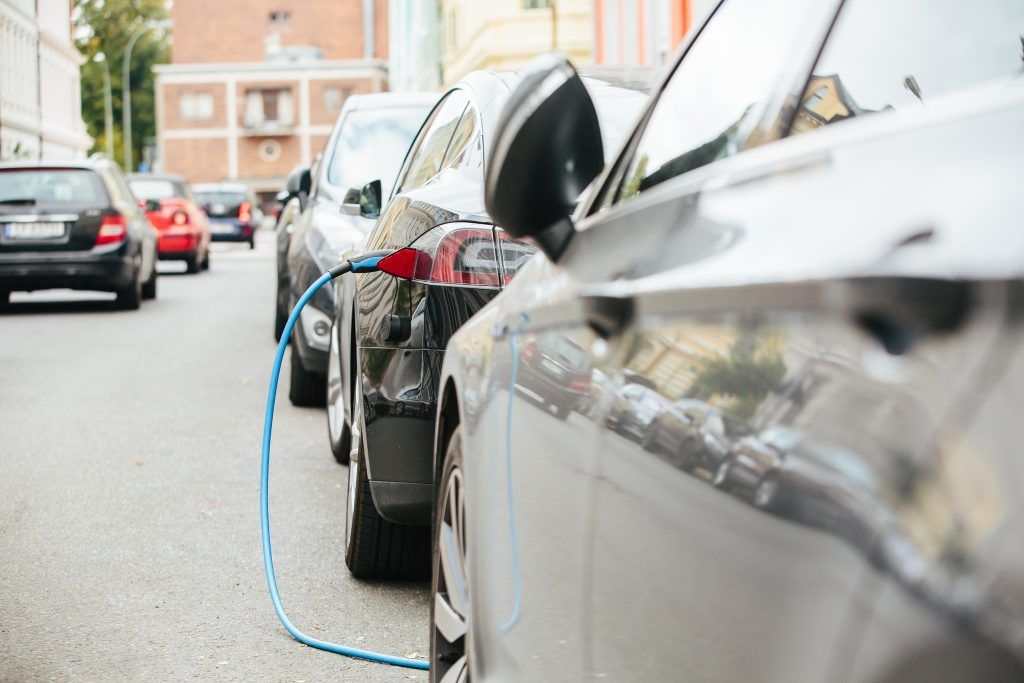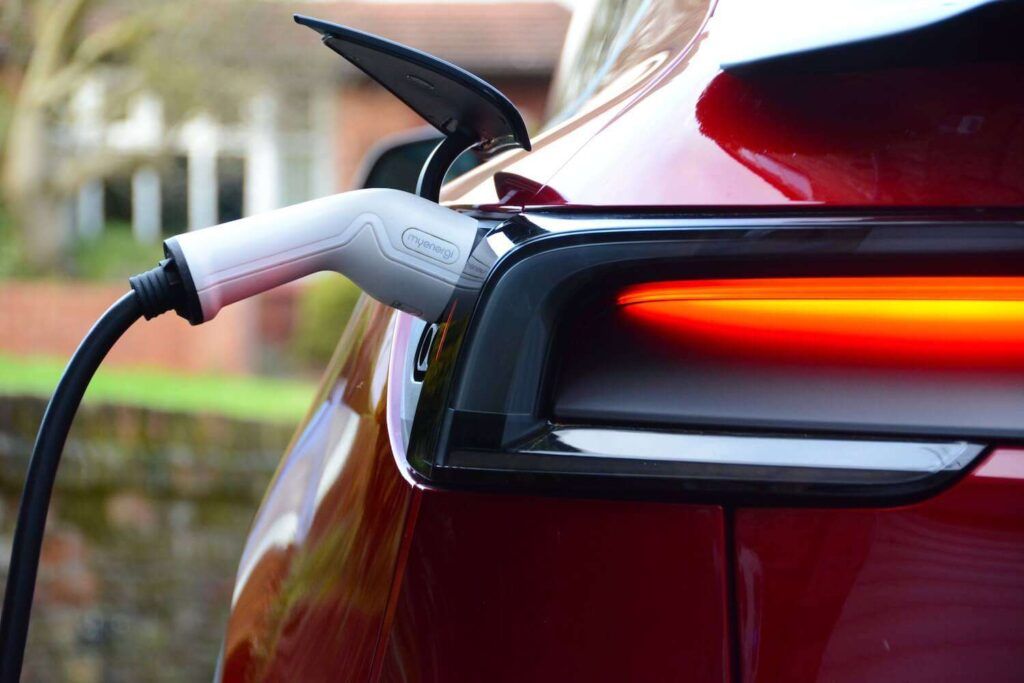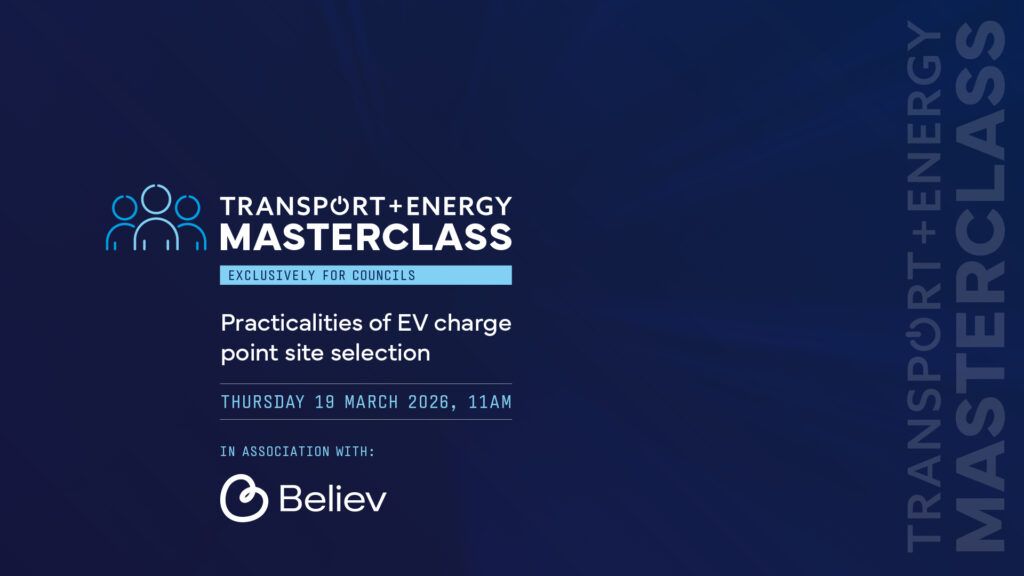It has been revealed that only a quarter of local authorities in the UK have published EV transition strategies, despite being encouraged to do so by the UK Government and the Local Government Association (LGA).
The FOI requests reveal the scale of the challenge as the Government say they intend to make it mandatory for local authorities to produce strategies.
Freedom of Information requests carried out by the FairCharge campaign show that only 28% of local authorities have published EV transition strategies, with a further 23% in the process of devising a strategy.
In a response to a Parliamentary Questions, Minister for Energy and Clean Growth Greg Hands MP said that the Government “will continue to monitor and engage with local authorities as they progress with their strategies and will work to help mainstream capability and leadership”.
The Government’s EV Infrastructure Strategy, which was initially pledged for Autumn 2021 but only published end-of March 2022, said the Government would “[put] an obligation on local authorities (subject to consultation) to develop and implement local charging strategies to plan for the transition to a zero emission vehicle fleet”.
The Strategy also set out that: “Local leadership is essential to creating new investment opportunities and inspiring local confidence in EVs. An actual or a perceived lack of sufficient supply can reduce people’s willingness to switch. Without consistent prioritisation of charging infrastructure deployment across the country, some areas are at risk of being left behind”.
FairCharge, a grass-roots campaign with over 80,000 supporters, headed by former Top Gear presenter and transportandenergy.com editorial board member, Quentin Willson, said the figures were extremely worrying.
Mr Willson stressed the importance of central government taking a more active role in driving public charging provision to ensure the benefits of the EV revolution could be harnessed by all – not just those with access to off-street parking.
FairCharge has also been highlighting the other barriers that those without access to off-street residential parking are facing if they are to make the switch to EVs, including leading a push to reduce the 20% VAT rate on public charging, so that it is equal to the 5% rate for those who charge at home off-street.
The VAT differential is among one factor that a Resolution Foundation report published earlier this month estimated could see those with off-street parking paying £139 a year in fuel costs, versus £712 for those without, showing that those without driveways face cost barriers as well as infrastructure barriers.
FairCharge spokesman, Quentin Willson, said: “The figures revealed from councils in our Freedom of Information requests are extremely worrying. BEIS and DfT say that local authorities are best placed to consider local needs, and this of course is true, but we can see today that without a big role for central government in supporting councils, there is a real chance that much of country will be left behind in terms of public charging infrastructure. Councils clearly need to up their game too, but there needs to be direction and oversight from central government.
“The figures are so concerning because they mean that many people – such as those without driveways – will be hindered from taking part in the EV revolution. This is simply unfair, and will hold us back in our efforts to decarbonise transport. Our FairCharge campaign is seeking to ensure the benefits of EVs are felt by all.
“The Government should waste no time in placing a statutory duty on local authorities to produce EV transition strategies.”
*The Freedom of Information requests were sent to all 374 local authorities in England, Scotland, Wales and Northern Ireland on 17th February 2022. The statutory deadline for responding was 17 March 2022. By this point, 287 councils responded – 76.74% of the total – producing the results outlined above.
Image: Shutterstock












